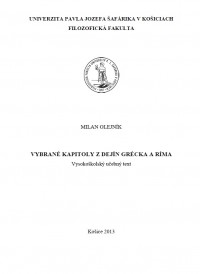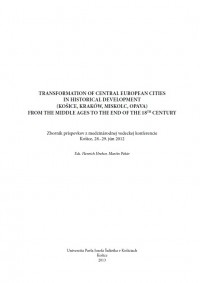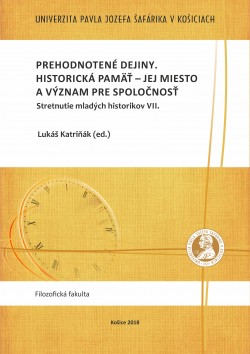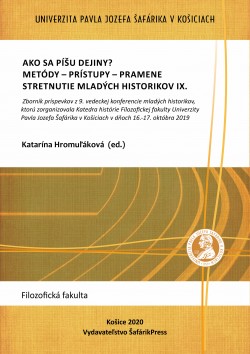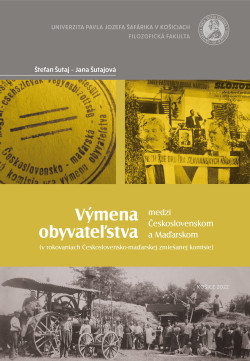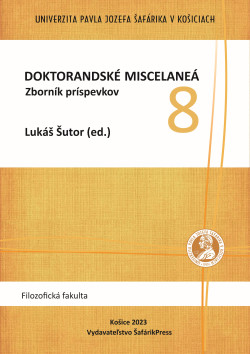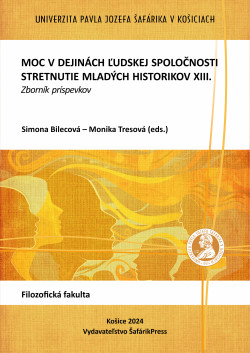No products
Product successfully added to your shopping cart
There are 0 items in your cart. There is 1 item in your cart.
Národy juhovýchodnej Európy v siločiarach medzinárodnej politiky 1856-1913
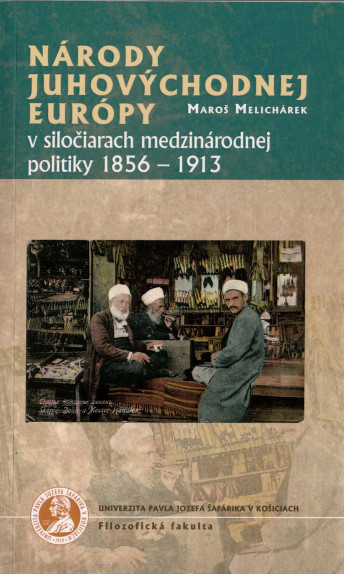
Maroš Melichárek
978-80-8152-842-2
Printed publications - for sale
Kľúčové slová:
Data sheet
| Author: | Maroš Melichárek |
| Science editor: | Martin Pekár |
| Edition: | 1st edition |
| Document type: | vedecká monografia |
| Publication language: | Slovak |
| Number of pages: | 230 |
| Vydavateľ | UPJŠ Vydavateľstvo Šafárik Press |
| Faculty: | Faculty of Arts |
More info
SUMMARY
The book starts with the chapter Great Eastern Crisis of 1875-1878 - the rivalry of Great powers in the Balkans, which, due to its importance, deserves the first place not only in chronological terms. It is the crisis that culminated in the Russo-Ottoman conflict and the subsequent Berlin Congress - it started many processes which are subsequently analysed in following chapters. We tried to highlight the importance of the congress and its functioning to reader by closer look at one of participating Balkan states, namely Serbia. Doing so, we can make the reader aware of the possibilities and limits that individual delegations had during the congress. In chapters 2 and 3, we have summarized the international context and the internal preconditions for creating a modern Bulgarian and Montenegrin state. Bulgarian and Montenegrin realities were at least partially processed in Slovak historiography (based on several reasons), we did not give them the extent of Albanian and Macedonian question (Albanian National Movement and Creation of Independent Albania in 1912, Macedonian Question at the end of the Modern Age and Great powers), which are completely missing in Slovak environment. The next chapter The conflict of Ottoman Empire and Italy over Libya in 1911-1912 represent a military clash between the Great Powers with global consequences and de facto the fall of the Ottoman Empire on the European continent. Chapter Definitive Fall of the Ottoman Empire on the European Continent: The First and Second Balkan Wars is a chronological conclusion of the monograph and looks at the most important key events of the Balkan wars, armies and phenomena that have been perceived only marginally (ethnic cleansing, mobilization, propaganda and i.). The conclusion of the book has been devoted to the chapter Foreign Policy of Serbia and the problem of Bosnia and Herzegovina before the First World War, focuses on the evaluation of Serbian aspirations, both ideologically and realistically towards the area of Bosnia and Herzegovina. The chapter is partially linked to the causes of the outbreak of World War I.






